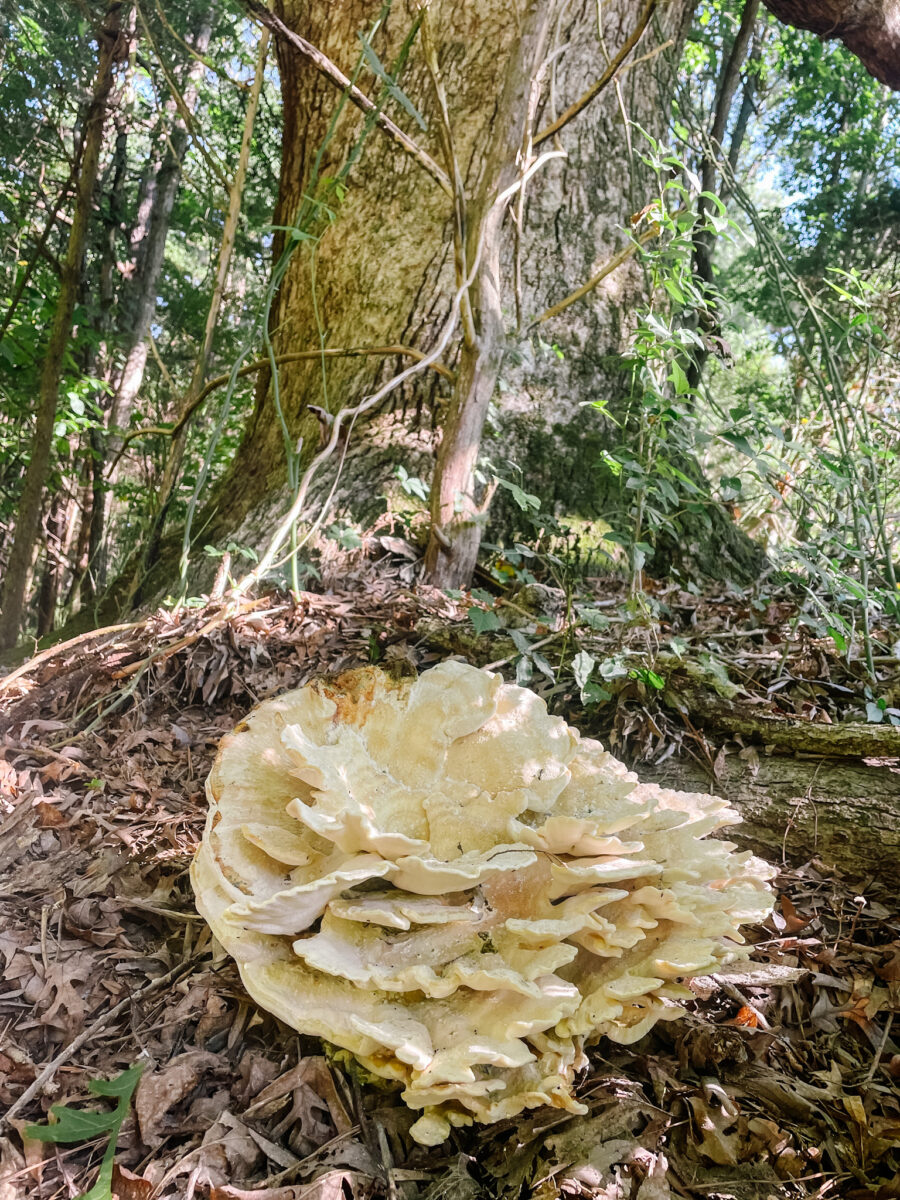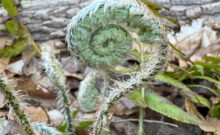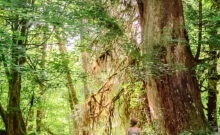Riddle: What do most women and mycelium (underground part of a mushroom) have in common?
More than you think!
Are you the “hub” of communication, support network, and nourishment provider within your home, work, family, community, or organization? In a sense, mycelium does the same thing AND makes sure its needs are met. (This is the message part for us; keep reading 🙂
Being a “hub,” that center point on a bike’s wheel that holds all the spokes together, and without it, there would be no wheel, has often been the role of women.
Many of us are “hubs” in lots of different areas; it’s almost become expected. However, this role can often leave us not being a “hub” for ourselves. We lose our center point. And eventually, we can start experiencing imbalances and dis-ease physically, mentally, emotionally, and/or spiritually.
Mycelium, is an unsung hero in the natural world. It’s function as a “hub” is vital to the well-being of the community in which they reside, and is a role model for all of us “hubs” out there.
Mycelium’s Roles: (notice the similarities between us “hubs”)
1. The communication and support hub – trees will use this mycorrhizal network to not only communicate dangers such as pests and drought to one another but also to share resources such as nutrients and water. * (Research on communication and resource sharing is still ongoing, so it will be interesting to see how this unfolds.)
2. The cleaner uppers – they are one of the most important decomposers in a forest system as they break down leaves, fallen trees, and other organic material. Mycelium are powerhouses in bioremediation; breaking down pollution (cleaning up human messes too!)
What can they teach us?
1. Not to go it alone – they are always functioning within a community.
2. Always have needs met – yes, they are of great service, and they make sure to nourish themselves. Mushrooms can not produce their food, like plants, so they rely on the community around them for nourishment, which, in turn, helps them to continue supporting their community. It is mutually beneficial. (There are some parasitic mycelium that cause harm to their host, but I’m referring to nonparasitic.)
What if we took mycelium’s cue and reevaluated how we are functioning within our various “ecosystems”? These various “ecosystems” include family, work, school, and different communities we are involved in. It’s easy to go into autopilot and keep doing what we have always been doing – but it’s often to our detriment. As the season shifts, we are invited to reevaluate and make some shifts to how we are navigating life.
REFLECTIVE JOURNAL QUESTIONS – take a moment and respond from your “gut”:
- Are you feeling tapped out by a particular “ecosystem?”
- Have you been nourishing all the “ecosystems” around you without nourishing yourself as much?
- Is there one way that you could get your needs met in each of your “ecosystems” that would be nourishing to you?
- What would happen if you started to make micro shifts towards more connection and nourishment within each of your “ecosystems”?
These could be some of the most important questions you ask yourself this fall. The answers are a path foward to receiving greater nourishment.
May all you “hubs” out there find support in your community and nourishment in your “ecosystems.” If you are in need of some deep restoration, I hope you consider joining us this fall!
With lots of mycelium love,
Kathleen
*Grant, R. (2018, March 1). Do trees talk to each other?. Smithsonian.com. https://www.smithsonianmag.com/science-nature/the-whispering-trees-180968084/






